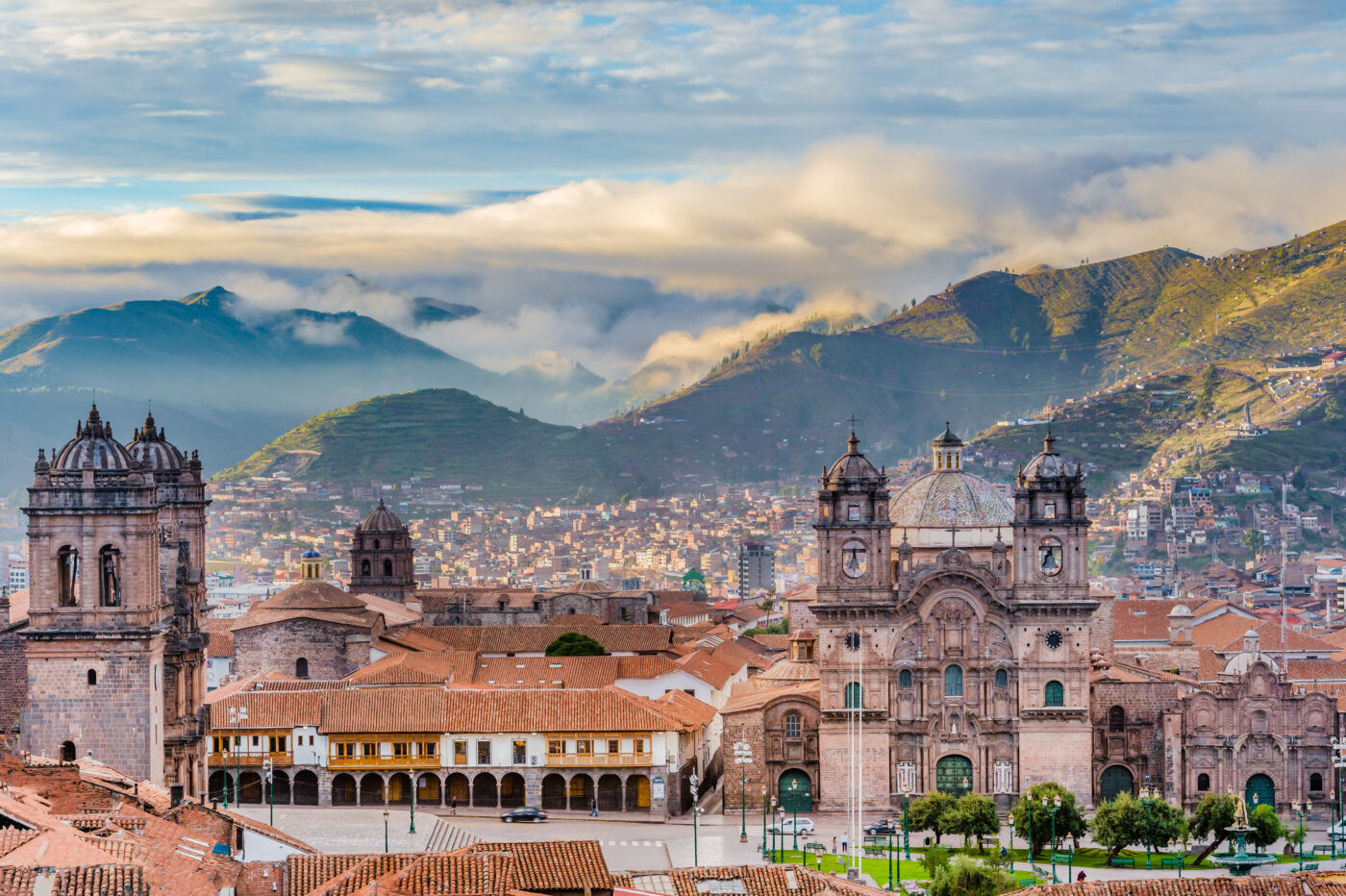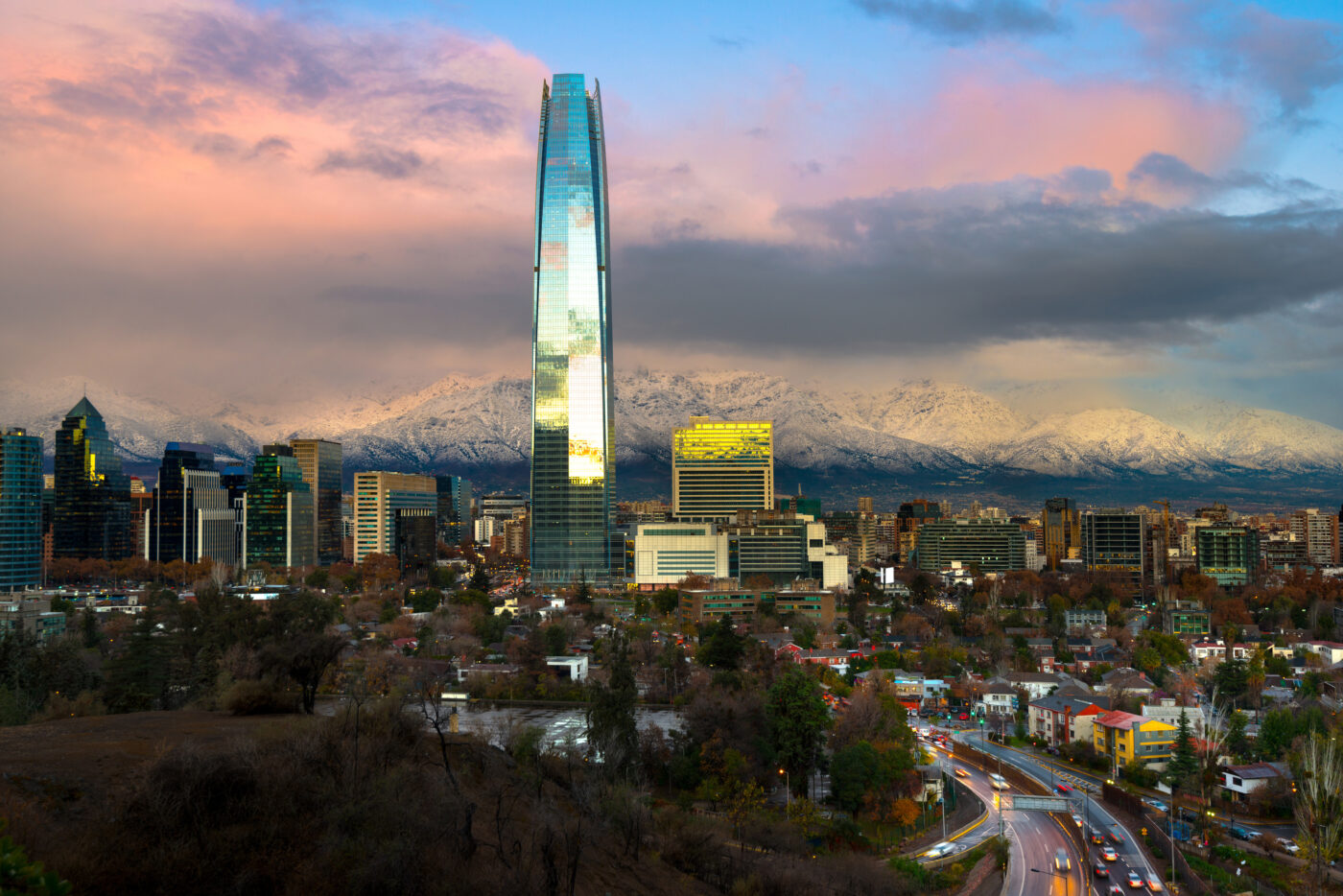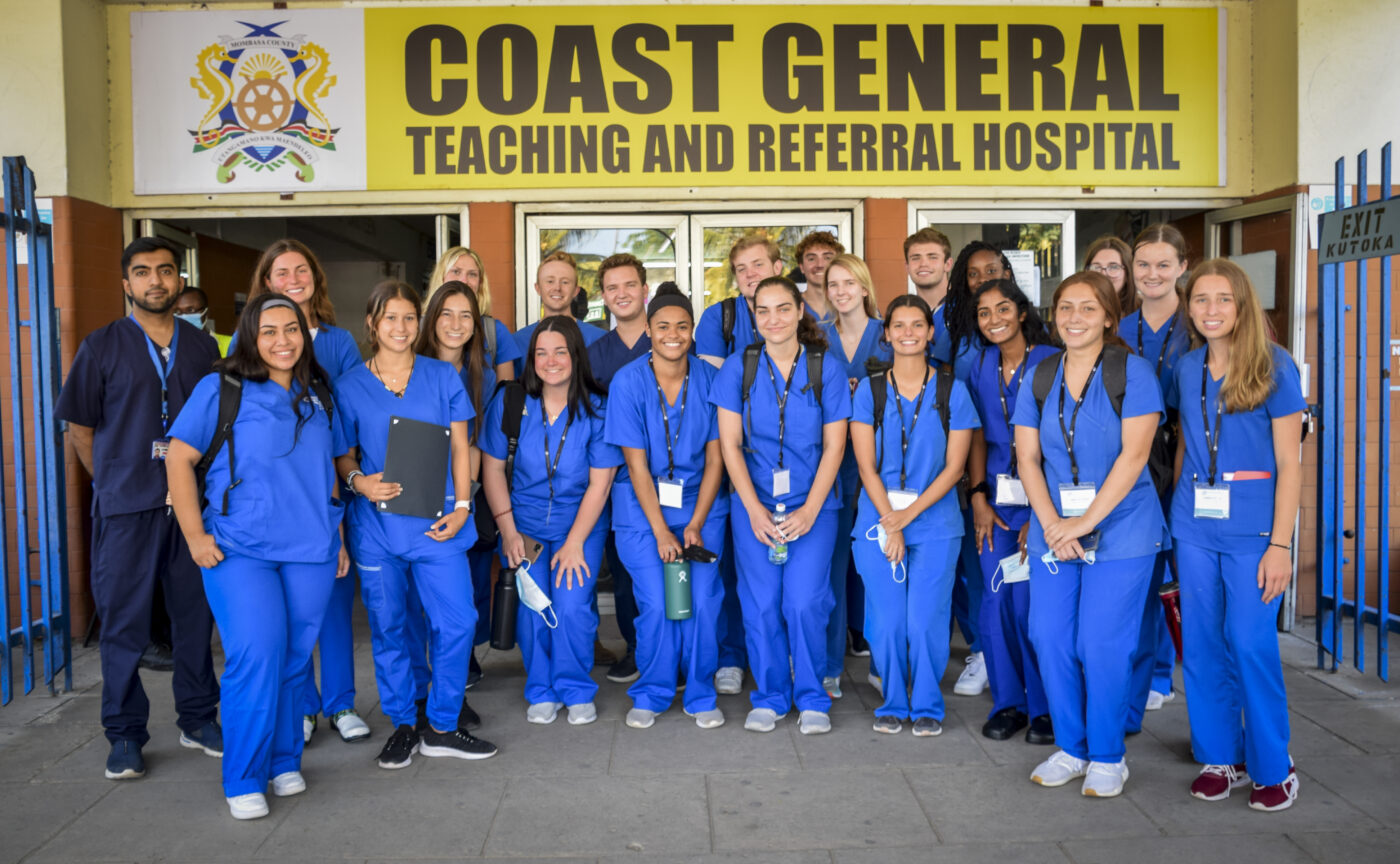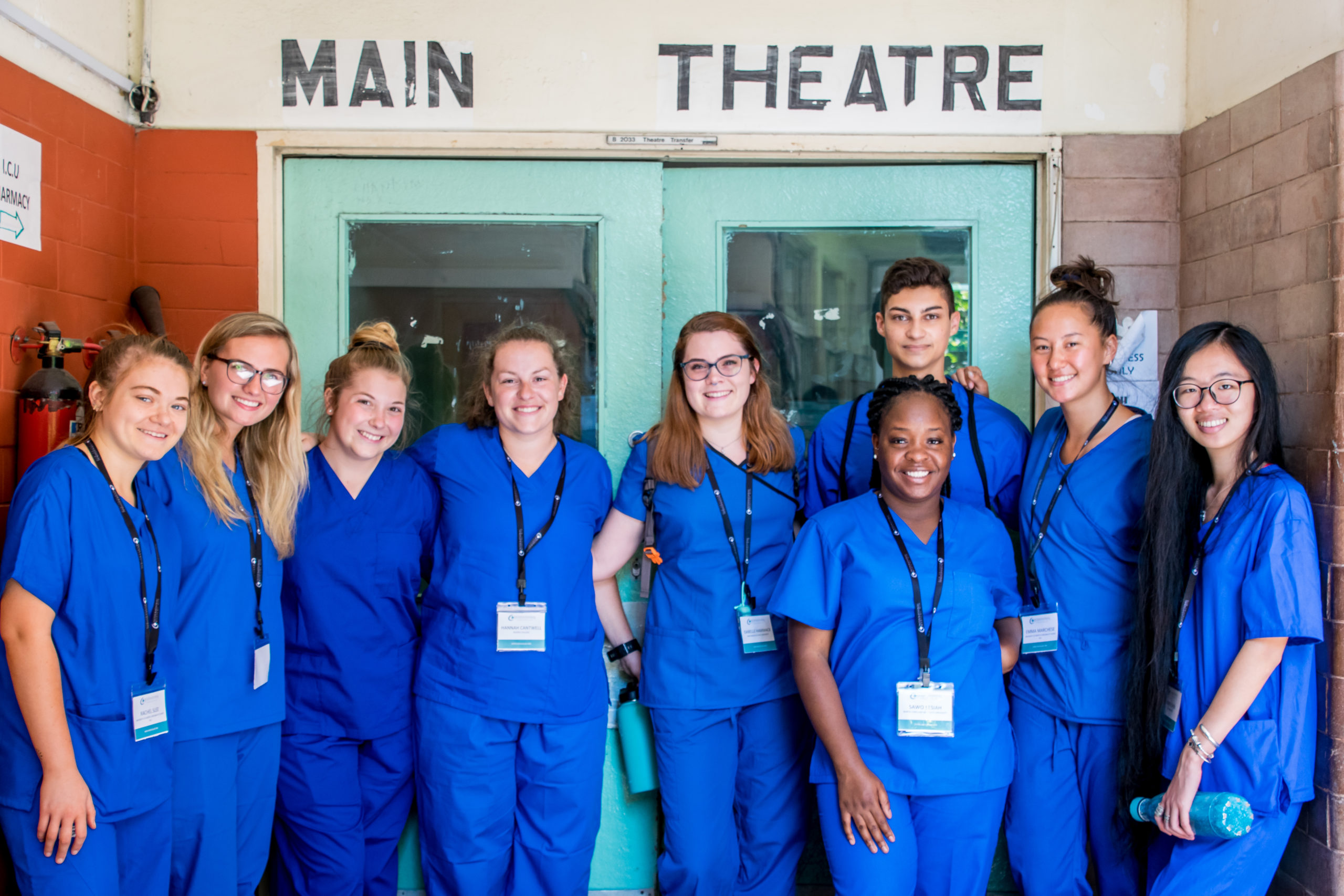It takes hard work to enter medical school. And it pays to start early. An excellent grade point average, an even stronger MCAT score, and an impressive resume increase your chances of getting accepted to a medical school.
Medical schools often look for applicants with academic aptitude and practical experience. A pre-med internship will boost your skills as you work your best to get high grades.
For instance, interns accepted to pre-med programs in Peru will have an immersive experience with the community and learn valuable lessons from their mentors about working in challenging situations. During breaks, they’ll have the opportunity to marvel at Peru’s breathtaking views and explore the country’s rich history.
Visiting this country for a pre-med experience can be one of the best life-changing decisions you’ll make. Here’s how to prepare for an internship in Peru.
1. Be Clear with Your Goals
Not all pre-med programs are the same. Before applying, ensure you’ve set your goals and know what you want. Find out which healthcare field you wish to explore and determine the skills you want to acquire or improve. Map your career path and understand how an overseas pre-med internship can help you.
2. Look for a Pre-Med Internship that Aligns with Your Goals
Pre-med internship roles differ depending on your objectives. For instance, clinical interns and medical scribes work in hospitals, clinics, and other healthcare settings, while laboratory assistants and research interns tend to work with pharmaceutical companies, nonprofits, and universities.
If you want to acquire or improve your skills in patient care, the former roles are more suited for you. Comparatively, a research position works well for individuals who want to explore medical experiments or understand specific elements of human health and healthcare service delivery.
4. Make Sure You Qualify for the Program
Getting accepted to a pre-med internship program isn’t exactly a walk in the park. Start preparing for a medical internship in Peru by building your application early and submitting it before the closing date. Doing so allows the selection committee ample time to evaluate your qualifications.
A good rule of thumb is to tailor your internship application by highlighting your experiences that match or support the skills and roles needed for the post. For instance, volunteering at a youth group may improve your interviewing and relational skills, which are paramount for a clinical intern.
If you don’t know where to start, seek assistance from your school’s career development office when preparing for an internship in Peru and creating an impressive resume. Additionally, hone your interview skills to boost your application.
5. Prepare Your Application and Yourself
Getting accepted to a pre-med internship program isn’t exactly a walk in the park. Start preparing for a medical internship in Peru by building your application early and submitting it before the closing date. Doing so allows the screening committee ample time to evaluate your qualifications.
A good rule of thumb is to customize your internship application by highlighting your experiences that match or support the skills and roles needed for the position. For instance, volunteering at a youth group may improve your interviewing and relational skills, which are paramount for a clinical intern.
If you don’t know where to start, seek assistance from your school’s career development office when preparing for the Peru internship and creating an impressive resume. Additionally, hone your interview skills to boost your application.
6. Get Ready To Travel
After being accepted to the program, collect as much information as possible about Peru. Learn about the culture, their healthcare system, and the local conditions in your location. Besides searching for the nearest tourist spot, bring clothes appropriate for the country’s three distinct zones. To be sure, take items of clothing ideal for Peru’s coastal, mountainous, and forested areas.
Staying Healthy and Safe
As Peru’s geographic conditions vary from the US, you may be at risk of getting certain diseases. For instance, mosquito-borne diseases like dengue, yellow fever, malaria, and the Zika virus may be present in some areas. So are water and food-borne illnesses like hepatitis A and typhoid fever. The Centers for Disease Control and Prevention (CDC) encourages individuals traveling to Peru to get vaccinated.
More importantly, check the country’s entry and exit requirements and know travel restrictions. Certain areas of Peru are off-limits to American citizens, especially provinces with high crime rates. Your facilitator should organize a briefing session for th tese types of information.
What to Expect as a Pre-Med Intern in Peru
Interns completing a pre-med internship in Peru and other parts of the world should expect to improve their knowledge and skills in their chosen field. Your daily tasks will depend on the role you have, whether as a clinical intern, medical scribe, research, or laboratory assistant. Whichever position you might have, a mentor will guide you in improving your practical skills. Your advisers and fellow interns can teach you many life lessons and provide networking opportunities you can use in the future.
Final Thoughts
Getting a pre-med internship can be challenging. Aside from good academic performance, you may need medical-related experience and innate skills. If you can show that you have a great work ethic, leadership, team skills, and willingness to learn, you’ll likely catch the recruiter’s attention.






